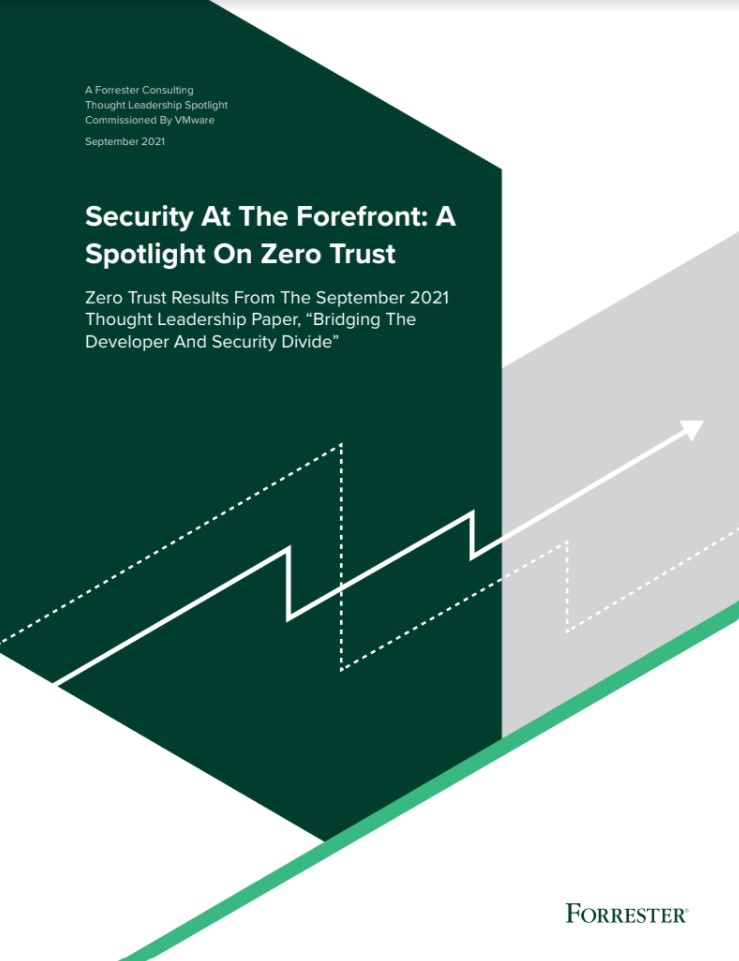NSW ditches e-voting system after glitch left citizens unable to vote
The electoral commissioner is also seeking the validity of the results in three councillor elections


The state of New South Wales (NSW) has removed its online voting system after a technical glitch prevented citizens from casting their vote at local government elections in December.
The NSW Electoral Commission brought in internet voting for the first time last year for state-wide local government elections, as part of measures to mitigate the risks of the pandemic. However, the commission said that due to performance issues with the iVote system, a number of electors who registered didn’t receive their security credentials and weren’t able to cast a vote using the system.
The commission said that the iVote system now requires extensive reconfiguration and testing, which is essential so it can operate effectively and with integrity under the rules that apply to voting for State and local government elections.
There was an emphasis that integration testing is needed with the commission’s other systems, like election management or ballot counting. However, the commission said that integration testing requires the close collaboration of a number of teams, and it is only funded to retain a small team of specialist resources to deliver iVote.
There is no backup support available for these specialist capabilities that would enable iVote to be offered at by-elections in the near future, while also preparing the system for use at the 2023 State general election, it said.
RELATED RESOURCE

The electoral commissioner has also initiated proceedings in the NSW Supreme Court seeking a declaration about the validity of the results in three councillor elections.
"Finalising the Supreme Court proceedings, completing the iVote system review, and implementing any remediations and improvements, are critical to ensuring the problems that occurred at the December local government elections do not occur again,” said the commission in a statement published online, adding that it is neither feasible or appropriate to approve the use of iVote until these actions are completed.
Get the ITPro daily newsletter
Sign up today and you will receive a free copy of our Future Focus 2025 report - the leading guidance on AI, cybersecurity and other IT challenges as per 700+ senior executives
The risks arising for the commission from the resource constraints and its ageing election systems are exacerbated by ongoing work health and safety responsibilities to manage staff who have only recently delivered the December local elections, after two previous deferrals requiring replanning through periods of lockdown. It added that the pandemic is also affecting the availability of staff and impacting its supply chains adversely.
During the December elections, once a voter applied to use iVote, the system must send them an SMS or email with an ‘iVote number’ to use when casting their vote, according to IT News. This appears to be why iVote was inaccessible, although the commission hasn’t declared how many people it affected yet. It said that almost triple the number of voters used the system in the election compared to any previous election. A full report on the conduct of the election is set to be released by May 2022.
Zach Marzouk is a former ITPro, CloudPro, and ChannelPro staff writer, covering topics like security, privacy, worker rights, and startups, primarily in the Asia Pacific and the US regions. Zach joined ITPro in 2017 where he was introduced to the world of B2B technology as a junior staff writer, before he returned to Argentina in 2018, working in communications and as a copywriter. In 2021, he made his way back to ITPro as a staff writer during the pandemic, before joining the world of freelance in 2022.
-
 Should AI PCs be part of your next hardware refresh?
Should AI PCs be part of your next hardware refresh?AI PCs are fast becoming a business staple and a surefire way to future-proof your business
By Bobby Hellard Published
-
 Westcon-Comstor and Vectra AI launch brace of new channel initiatives
Westcon-Comstor and Vectra AI launch brace of new channel initiativesNews Westcon-Comstor and Vectra AI have announced the launch of two new channel growth initiatives focused on the managed security service provider (MSSP) space and AWS Marketplace.
By Daniel Todd Published
-
 Boomi snaps up former MuleSoft executive as APJ channel lead
Boomi snaps up former MuleSoft executive as APJ channel leadNews Global software veteran Jim Fisher will work to expand the company’s channel operations across the region
By Daniel Todd Published
-
 Why Microsoft Teams has only just launched in China
Why Microsoft Teams has only just launched in ChinaNews The tech giant has officially launched Teams via its local partner in China, after it was launched globally in 2017
By Zach Marzouk Published
-
 UK startup's Equinix deal marks step towards broad quantum computing access
UK startup's Equinix deal marks step towards broad quantum computing accessNews Businesses around the world will be able to use its quantum computing as a service platform through Equinix
By Zach Marzouk Published
-
 MI5 to establish new security agency to counter Chinese hacking, espionage
MI5 to establish new security agency to counter Chinese hacking, espionageNews The new organisation has been compared to GCHQ’s NCSC, and will provide companies advice on how to deal with Chinese companies or carry out business in China
By Zach Marzouk Published
-
 UK set to appoint second-ever tech envoy to Indo-Pacific region
UK set to appoint second-ever tech envoy to Indo-Pacific regionNews The role will focus on India after Joe White was made the first technology envoy, a role focused on the US, in 2020
By Zach Marzouk Published
-
 Wipro faces criticism after cutting graduate salaries by nearly 50%
Wipro faces criticism after cutting graduate salaries by nearly 50%News Graduates were given days to decide whether they would accept greatly reduced pay offers, prompting union action
By Rory Bathgate Published
-
 Freshworks appoints Sandie Overtveld as new SVP of APJ and MEA
Freshworks appoints Sandie Overtveld as new SVP of APJ and MEANews The digital transformation veteran brings years of regional expertise to lead Freshworks’ growth strategy
By Daniel Todd Published
-
 Suncorp signs three-year Azure deal to complete multi-cloud migration by 2024
Suncorp signs three-year Azure deal to complete multi-cloud migration by 2024News The financial services firm seeks to wind down its on-prem data centres and wants 90% of its workloads in the cloud by the end of the year
By Zach Marzouk Published